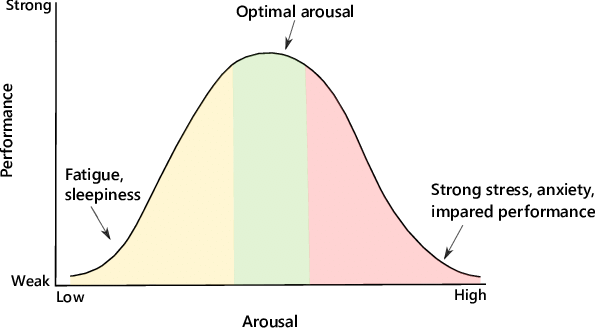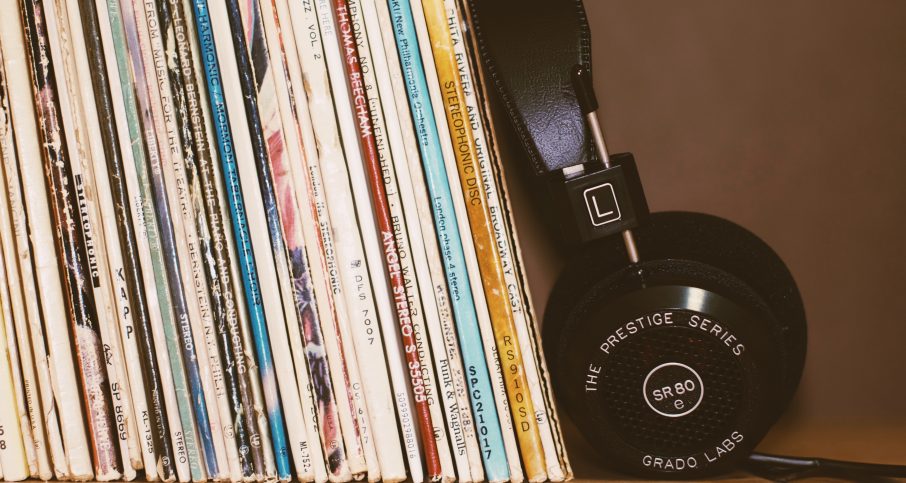Key takeaways:
- What is the impact of open office spaces on productivity? Open office designs decrease well-being by 32% and productivity by 15%, leading to increased stress and distractions.
- How can music assist in the workplace? Music improves focus and productivity; 61% of workers report enhanced performance while listening to music.
- What genres of music are best suited for productivity? Classical, lofi hip hop, trance, and ambient music can boost accuracy, learning, and overall speed in tasks.
- Why is control over music choice important? Personal music selection prevents irritation and maximizes the positive effects of music in open office settings.
- What role do headphones play in the workplace? Headphones create an “auditory bubble,” allowing for personal music enjoyment while minimizing distractions from colleagues.
“Open concept” has taken on a whole new meaning in the workplace. Traditional office spaces have been cannibalized by cubicle farms, and more recently, transformed into skeletal, exposed work halls where desks are treated more like musical chairs.
Today, 70% of office spaces in the U.S. are considered open concept. The intention of open floor plans is to create a more positive, collaborative work environment, but a lack of barriers and personal space can lead to aggravation, stress, and productivity slumps.
We’re experiencing a degree of togetherness never seen before in our work and personal lives—and it has consequences. Research shows open office spaces decrease well-being by 32% and productivity by 15%.
Maintaining focus is a challenge in open office spaces (as well as at cafes where remote employees often work). Fortunately, music in the workplace can help address this growing issue.
Americans spend a stunning 32 hours a week listening to music in some form: at the gym, in the car, even in restaurants—that’s a five hour increase from 2016. Music is often viewed as a form of entertainment or escape from the toils of reality, but what if we could harness music to encourage comfort and boost focus?
As conventional workplace barriers continue to break down in favor of open, exposed spaces, music is proving to be an effective tool to amplify focus and harness productivity in the workplace.
Getting Work Done in an Unquiet World
75% of Americans report experiencing at least one negative health symptom in the last month due to stress, according to the American Psychological Association’s 2017 Stress in America survey.

The Yerkes-Dodson Law illustrates our uneven relationship with stress. While low levels of arousal translate into weaker performance, unreasonably high levels of stress amount to similarly weak performance.
As employees and human beings, we aspire to master this balancing act between the drowsy and the manic to lead happier lives and be more productive in the workplace. But as a society? We haven’t been doing so well. Loosening barriers in our personal and professional lives inch us closer to dangerous stress levels that have a serious impact on the work we get done.
The MMR, or Music in Mood Regulation scale, classifies how individuals regulate their mood with music. Those surveyed use music to comfort negative feelings, create a mental diversion, or discharge negative emotions—all techniques to better manage stress. This research isn’t surprising, as music has been found to boost mental and physical health, even reducing anxiety in pre-surgery patients more effectively than prescription medication.
Music in the workplace is no different. A recent Spotify survey shows 61% of respondents listen to music at work to boost their productivity and happiness. Even more compelling: 90% of workers perform better and 88% produce more accurate work when using music as a productivity tool.
Interested in tuning out distractions and focusing on the tasks that matter most? See how Wrike can help!
The Science Behind Music in the Workplace
Music can play an important role in improving focus and productivity in the workplace, according to academics at the forefront of psychology and music.
“Music seems to fulfill a range of important functions for employees, including providing relief from stress, and improving concentration,” says music evaluation consultant and researcher Dr. Anneli Haake, who wrote a PhD at University of Sheffield, UK on the effects of music listening in offices. “The most common reasons for listening to music at work are to improve mood and relax. Music can also help employees to engage in work tasks, through blocking out distracting noise in the office.”
She emphasizes that music choice and control play a large part in these benefits. “If music is forced upon people, the music can be irritating and annoying, and we know from research that office noise can have severe negative effects on employee health, well-being, and productivity,” she says.
Maximizing Impact with Music in the Workplace

Not all music genres are created equal. With choice and control playing such a large role in music’s impact, it’s important to educate yourself on different types of music and their effect on motivation and concentration, as well as take precautions against forcing your music needs and tastes on colleagues.
Different beats for different folks
Listening to lyric-heavy, highly volatile tracks might not be the best way to boost performance while working on thought-intensive tasks.
However, the seemingly limitless world of digital music allows you to tailor your productivity playlist to suit your tastes. Try one of these popular genres:
- Orchestral or classical music for steady, precise inspiration: Mathematicians are 12% more accurate in solving problems when listening to classical music.
- Lofi, or low-fidelity, hip hop music to focus and learn: These part-meme, part-phenomenon 24/7 streaming channels have racked up millions of views on YouTube.
- Trance dance music to increase speed and output: Proofreaders complete their tasks 20% faster when listening to dance music.
- Ambient music to stay alert and spice up repetitive tasks: Ambient music has been shown to improve accuracy of data entry by 92%.
- Check out the Spotify playlist below curated by Wrikers who love blissful, steady tracks!
Do not disturb: headphones in the office
If you’ve ever tried to do a VLOOKUP to the pulsating beat of your desk neighbor’s TGIF mix, you appreciate the importance of headphones. But as the impact of choice and control on music perception continues to emerge, headphone use should evolve beyond common courtesy to a productivity essential.
Not only does listening to music through headphones offer choice and control to your colleagues, it can also benefit the listener and maximize music’s influence.
“My research has shown, in terms of locations, that people pay a lot more attention and like what they’re hearing while on public transportation – and this is because they’re able to use their mobile device to listen to what they want to hear,” shares Dr. Krause. Using headphones in the office provides the same “auditory bubble” effect.
But music lovers, beware: Headphones can give the perception that someone is distant, isolated, or simply not interested in conversation. While this is something to keep in mind while jamming out, you can leverage these perceptions to set expectations that you’re not available and prevent distractions.
Time to Turn up the Volume
The open office movement shows no signs of slowing down. Take it from the stressed-out students working in packed libraries, loud cafes, or tight dorms, listening to lofi hip hop while they furiously scribble on flash cards: Music is key to navigating a busy lifestyle in a world that keeps getting louder.
Have your headphones on? Great—while you’re listening, try a free trial of Wrike to boost your team’s productivity and focus in the workplace!








